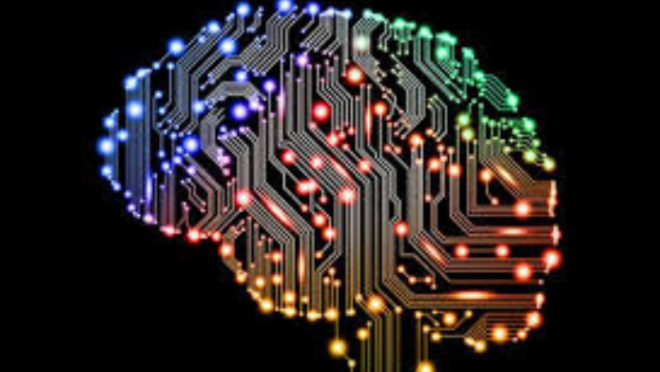Photographic memory: The science behind a superpower we all wish we had
Photographic memory: The science behind a superpower we all wish we had

I have always been fascinated by the characters in movies or series who seem to remember everything. In The Big Bang Theory I was amazed by Sheldon Cooper’s confidence every time he claimed to have a perfect memory by quoting scientific theories word by word, recalling dates, conversations and events as if he was reading off of a page.
Then there is Shaun Murphy from The Good Doctor, who stuns his colleagues by diagnosing complex cases using mental images of human anatomy. In Grey’s Anatomy, there was Lexie Grey, or “Lexipedia” as everybody used to call her because she could instantly remember every medical information. And of course, Mike Ross from Suits, a college dropout out with a great memory who passed the bar exam and practised law just because he remembered every single page he had ever read.
I could not help but think while watching these shows, is this for real? Can someone actually be like them in real life? Or is it just some clever trick writers use to make their character seem more impressive? This idea of never forgetting anything, reading a book once and remembering it for the rest of our lives, sounds like the ultimate superpower. Just imagine what it would be like during exams or presentations or just in life in general. My curiosity led me to do some research and what I found surprised me.
What science really says about photographic memory
From my research, I have found out that the kind of permanent memory we see in TV shows and in movies is extremely rare. Scientists, after decades of research, have found that while some people do have extraordinary recall abilities, true photographic memory, or the ability to remember visual information in perfect detail, does not exist in adults.
One of the most famous and controversial cases comes from the 1970s. A psychologist named Charles Stromeyer studied a woman named Elizabeth who claimed she could memorise complex dot patterns with much precision. She also claimed to remember poems written in foreign languages she did not understand years after seeing them once. While she reportedly passed the tests, the methods used were questionable. Especially given that Stromeyer later married Elizabeth, and she consistently refused to repeat the tests. Journalist Joshua Foer, who explored the case in Slate and in his book Moonwalking with Einstein, concluded that no one claiming to have photographic memory has ever convincingly proven it under rigorous scientific conditions.
Researchers do acknowledge something called eidetic memory, which is more common in children. It is the ability to retain an image in the mind’s eye for a few seconds or minutes after seeing it. Almost like a photograph. But even this type of memory fades quickly and rarely appears in adults. It does not allow someone to recall pages of text or complex information long-term.
Now you might think, how can people recite thousands of digits of pi or memorise entire decks of cards in minutes? Interestingly, they do not possess photographic memory either. They rely on memory techniques like the method of Loci, otherwise known as memory palace. Here they link information to vivid mental images and familiar spatial locations. These skills are trained and not innate.
There is also a rare condition called Hyperthymesia. In which individuals can remember nearly everyday of their lives in astonishing detail. But even this is focused on personal experiences and not the kind of encyclopaedic knowledge we see in fictional characters.
So why are we so drawn to the idea of photographic memory?
I have come to the realisation that the fascination with photographic memory is related to our desire to possess special qualities. It is only real because we want it to be real. It represents control, power, and genius. All things we admire in characters like Mike Ross, Sheldon Cooper or Shaun Murphy.
However, in the end, what matters is not whether we can remember everything but whether we are remembering the right things.


